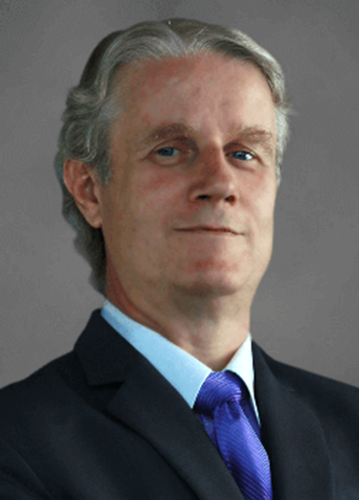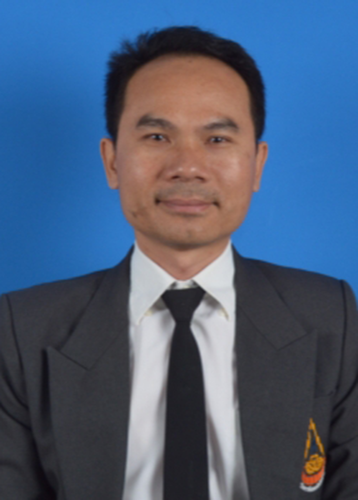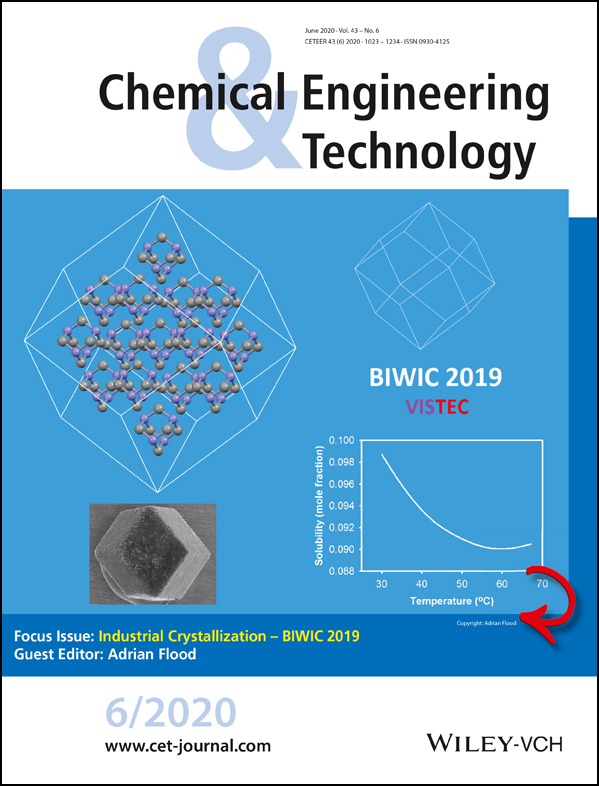Industrial Crystallization: A Vital Process for the Modern Chemical Industry
Abstract
No abstract.
Crystallization processes are becoming increasingly important in many essential industries, including commodity chemicals, fine chemicals, pharmaceuticals, agricultural, and biochemicals, among others. Although crystallization is one of the oldest chemical separation operations, purification of salt via crystallization being used in ancient times, there are still huge challenges to apply the process successfully to an increasing variety of species, including the increasingly complex molecules required for pharmaceuticals, proteins, and antibodies, for example. To be able to successfully design industrial crystallization processes for modern industry, it is necessary to understand the mechanisms and processes involved in crystallization from a number of different viewpoints and at a full range of scale from molecular levels up to the scale of the crystallizer itself. This can only be done by interdisciplinary research involving chemists, physicists, and engineers in addition to specialists in the materials being produced, e.g., pharmaceutical scientists or biochemists. Research in the field is flourishing to meet the requirements of the industries involved as well as to produce new processes and materials for the future.
The Bremen International Workshop on Industrial Crystallization was initiated by Prof. Joachim Ulrich as a means of promoting international exchange and collaboration in industrial crystallization research, and to help motivate and encourage young researchers in this field. The first meeting was held in 1990 in Bremen, and the meeting has been held regularly since this time in a diverse range of locations, including Delft, Halle, Rouen, Gyeongju, Cape Town, Magdeburg, Lappeenranta, Tianjin, Odense, Daejeon, and Dortmund. The meeting has been extremely successful in enhancing collaboration and scientific exchange between groups around the world and has been of great value in progressing research in crystallization processes.
The current meeting, the 26th International Workshop on Industrial Crystallization (BIWIC 2019), was held at Vidyasirimedhi Institute of Science and Technology (VISTEC) at Rayong, Thailand. The meeting was organized by the Industrial Crystallization groups from VISTEC and Suranaree University of Technology. We were fortunate in attracting important researchers in crystallization processes from both industry and academia, and from around the world, particularly from Europe, the UK, and Asia, regions that are currently very active in this field.
This Special Issue of Chemical Engineering & Technology contains a selection of the scientific contributions to BIWIC 2019. The work shows a broad cross-section of topics of interest to modern industrial crystallization processes, including thermodynamics, molecular level mechanisms in crystallization, the influence of additives and outside influences such as ultrasound on crystallization processes, industrial process modelling and optimization, and new applications of crystallization processes and technology.
BIWIC continuously shows that it can act as a means of bringing together experts in the field of industrial crystallization, both from academia and from industry, to exchange ideas and discuss new challenges in the field. The meeting has always been highly beneficial to promote new ideas, but is also a convivial meeting that encourages goodwill between all participants, and we can expect future meetings to continue with a similar atmosphere. The next edition of the meeting will be organized by the group of Prof. Louhi-Kultanen in August 2021 at Aalto University, Finland. We can also expect the high levels of scientific presentations, helpful exchange of ideas, and the friendly atmosphere of the previous meetings.
Adrian Flood, School of Energy Science and Engineering, Vidyasirimedhi Institute of Science and Technology
Lek Wantha, School of Chemical Engineering, Suranaree University of Technology






